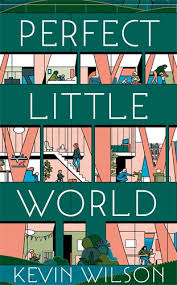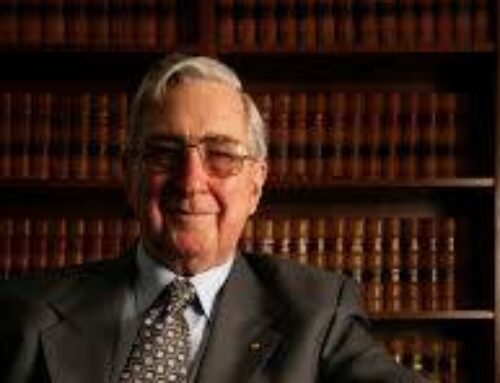Don’t you just love rainy days with a good book?
My latest treasure is Perfect Little World by Kevin Wilson. I stumbled across this book by chance and the premise intrigued me.

It tells the story of would be single mum, Isabel “Issy” Poole. After an affair with her High School art teacher, Issy finds herself pregnant and alone. Her lover is mentally unstable and his parents are anxious to avoid a scandal.
Issy’s mother passed away when she was a child, she has a dysfunctional relationship with her father and has few friends.
Facing the prospect of a grim future for both herself and her baby, Issy is presented with an alternative. A group of scientists sponsored by an eccentric billionaire have started the Infinite Family Project (“IFP”). A compound is created by the group where a number of nuclear families with new babies live together as one family. The babies are cared for in a nursery with the parents operating on a roster system. The parents are then able to work and study without relying on paid child care although there is a deeper ideology at play – the old proverb that it takes a village to raise a child.
The progress of the Project is monitored with scientists measuring the development and behaviour of the babies as they grow. They hope the children will prove to be brighter and have stronger social and emotional skills than children raised in traditional nuclear families.
Each of the parents have their own reasons for joining the IFP. Some need financial help. Issy needs financial and emotional support. One family joins merely because they believe the IFP represents a utopian ideal.
Everyone parent I have ever known has thought about this as an option. However, I don’t think any of us have ever really thought about what it would mean. Can we really put aside partiality towards our own biological children and care for other children equally? I know that there are many cultures where this works well but we are all a product of the culture in which we grew up whether we agree with it ideologically or not.
Kevin Wilson is not the best writer I have read but this was a very clever way of considering entrenched views of family and child rearing. Like Christos Tsiolakas’ “The Slap” – this was a book worth reading despite flaws in the prose merely for the conversation it generates.





